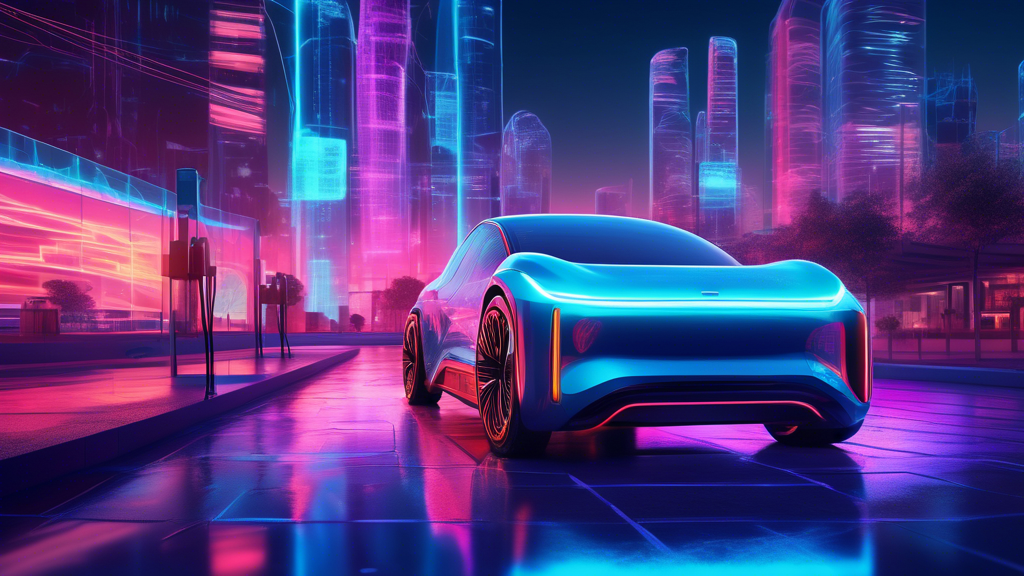
So, you’ve taken the plunge or are about to. You’ve gone electric, waving goodbye to gas stations and opting for a cleaner, greener way to travel. But what’s the real deal with electric car charging costs? Will it be like finding a forgotten $20 in your jeans or accidentally maxing out your credit card during holiday shopping?
The Basics of Battery Life
First things first: let’s talk about your electric car’s battery. The capacity of an electric car’s battery is measured in kilowatt-hours (kWh), much like you’d measure the volume of cologne in fluid ounces—except more useful. This capacity plays a huge role in determining how much it costs to charge your car. More kWh? Bigger electricity ‘appetite’.
Charging at Home: Comfort or Cost?
Charging your electric vehicle (EV) at home is convenient but cheap? Generally, residential electricity rates range from around $0.10 to $0.20 per kWh. Imagine charging a car with a 60 kWh battery—simply multiply to get your cost per charge. Depending on where you live, that’s typically between $6 and $12 for a full charge. Not too shabby, right? Especially when compared to the cost of traditional fuel. But keep your eyes on your local electricity rates—they can fluctuate.
Public Charging Stations: Convenience at a Cost?
Of course, you won’t always be able to charge your EV in the comfort of your garage. Enter public charging stations. These can be a bit pricier, often charging (no pun intended) a rate based on kWh used, per-minute rates, or a combination. Prices can vary wildly from station to station, and if you’re using DC fast charging, you could look at rates that are quite a bit higher than your home charging setup.
The Role of Charging Speed
Speed matters—not just on the freeway but in charging your electric car. Level 1 charging is the tortoise here, using a standard 120V outlet. It’s slow but does the job, especially if you charge overnight. Level 2 charges at a faster clip (240V), more like a hare, often found at public stations and available for home installation. Then there’s DC fast charging—the cheetah of the bunch, providing you with an 80% charge in roughly 30 minutes. However, be warned, cheetah speed comes at a cheetah’s cost.
Additional Cost Factors: It’s Not Just About Electricity
Other factors to consider: Does your local utility company offer special rates for off-peak hours? Sign up, and you might just save a bundle by charging your car while you sleep. Additionally, the cost of installing a home charging station can range quite a bit, but think of it as investing in convenience.
Also, are you maintaining your battery right? Don’t misuse your EV’s battery just like you wouldn’t run a marathon without prior training. Proper maintenance can help avoid premature battery degradation, which isn’t just a hassle—it’s expensive.
Wrapping It Up
Ultimately, while the initial setup for an EV can be pricier, the ongoing charging costs are typically lower than refueling a conventional vehicle. Electric cars offer a smoother, quieter ride and something priceless—less pollution. So, enjoy the savings and a clean conscience!
Every penny adds up, right? Who knew joining the electric revolution could benefit both the planet and your wallet? Now, plug in, charge up, and enjoy the ride into the future!
